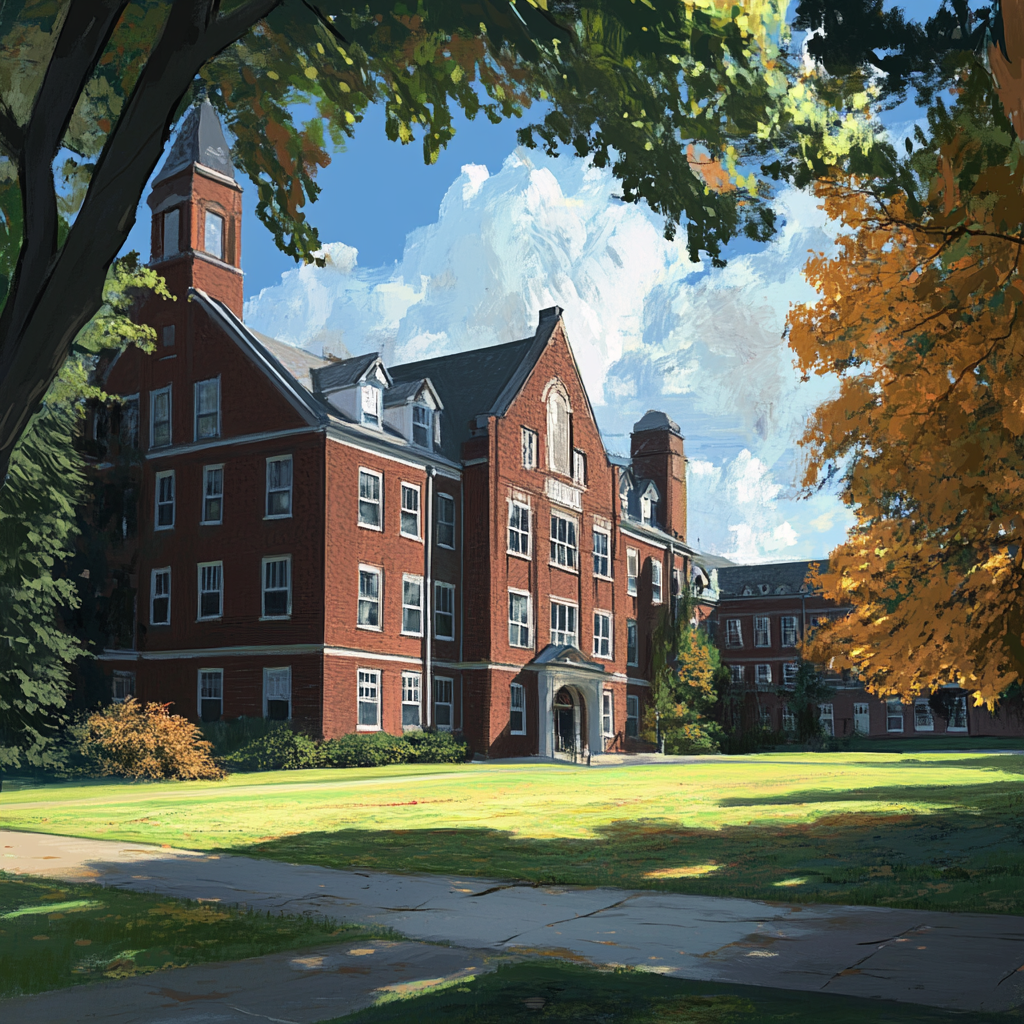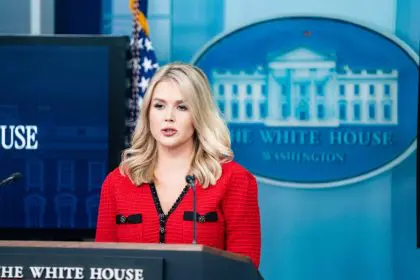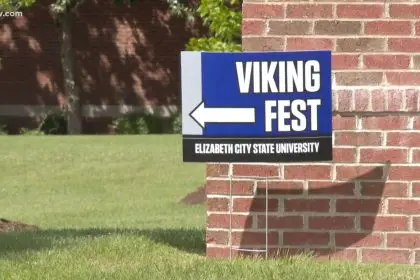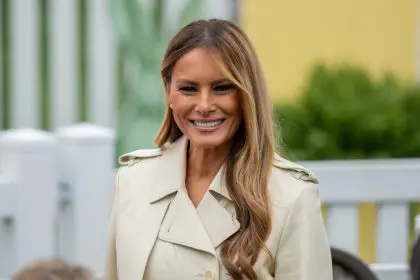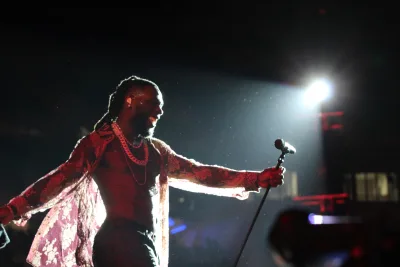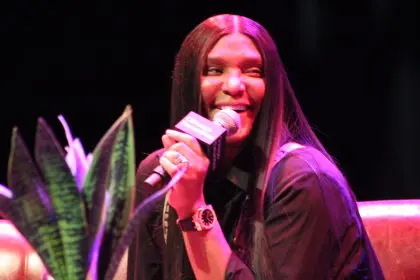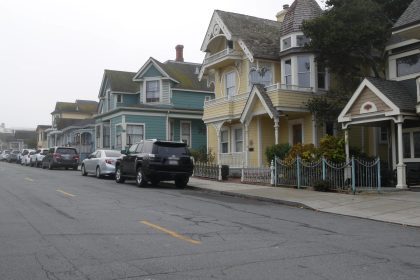The Mississippi Valley State University marching band’s recent fundraising efforts have sparked intense debate after accepting an invitation to perform at President-elect Donald Trump’s inauguration parade without securing financial backing from the incoming leader of the United States.
Prestigious invitation meets financial reality
The “Mean Green Marching Machine” received what should have been a career-defining opportunity: a chance to showcase their talents at the presidential inauguration on Jan. 20. However, the excitement quickly transformed into controversy when the band launched a GoFundMe campaign seeking $350,000 for travel expenses, accommodations and meals.
The university administration initially celebrated the invitation as a milestone achievement. Yet the subsequent revelation that no financial support would accompany this prestigious opportunity has led to widespread criticism, particularly among supporters of historically Black colleges and universities.
Financial burden raises questions
The absence of financial backing from the Trump team has become a focal point of criticism. The disparity between Trump’s reported wealth and the band’s need to crowdfund their participation has prompted serious discussions about the respect and support shown to HBCUs.
The financial challenges faced by the band reflect a broader pattern of historically Black institutions being invited to high-profile events without receiving adequate resources to participate meaningfully. This situation has reignited conversations about the systematic underfunding of HBCUs and their struggle to maintain operations while pursuing opportunities for their students.
Controversy deepens amid broader context
The band’s decision to accept the invitation has faced significant scrutiny, particularly given Trump’s controversial positions on education policy and HBCU funding. Critics have highlighted the apparent contradiction between the band’s participation and Trump’s stance on various issues affecting the Black community, including proposed limitations on Black history education.
The situation draws parallels to previous controversies surrounding Black performers at Trump events, suggesting a pattern of complex relationships between the administration and historically Black institutions.
Fundraising progress and revised goals
Despite initial challenges, the band’s fundraising efforts have shown progress. After a slow start that raised only $1,285 in two days, the campaign gained momentum, reaching over $45,000. The band has since adjusted its target to a more attainable $70,000, demonstrating adaptability in the face of financial constraints.
Beyond the performance
This situation exemplifies the ongoing challenges faced by HBCUs in balancing prestigious opportunities with financial realities in light of the damage Trump’s administration is predicted to do to Black communities. The controversy surrounding the band’s fundraising efforts has evolved into a broader discussion about institutional support, recognition, and the complex dynamics between HBCUs and political establishments.
As the inauguration date approaches, the band’s journey highlights persistent questions about equity, support and recognition in higher education. Their experience catalyzes important conversations about the future of HBCU funding and support.

